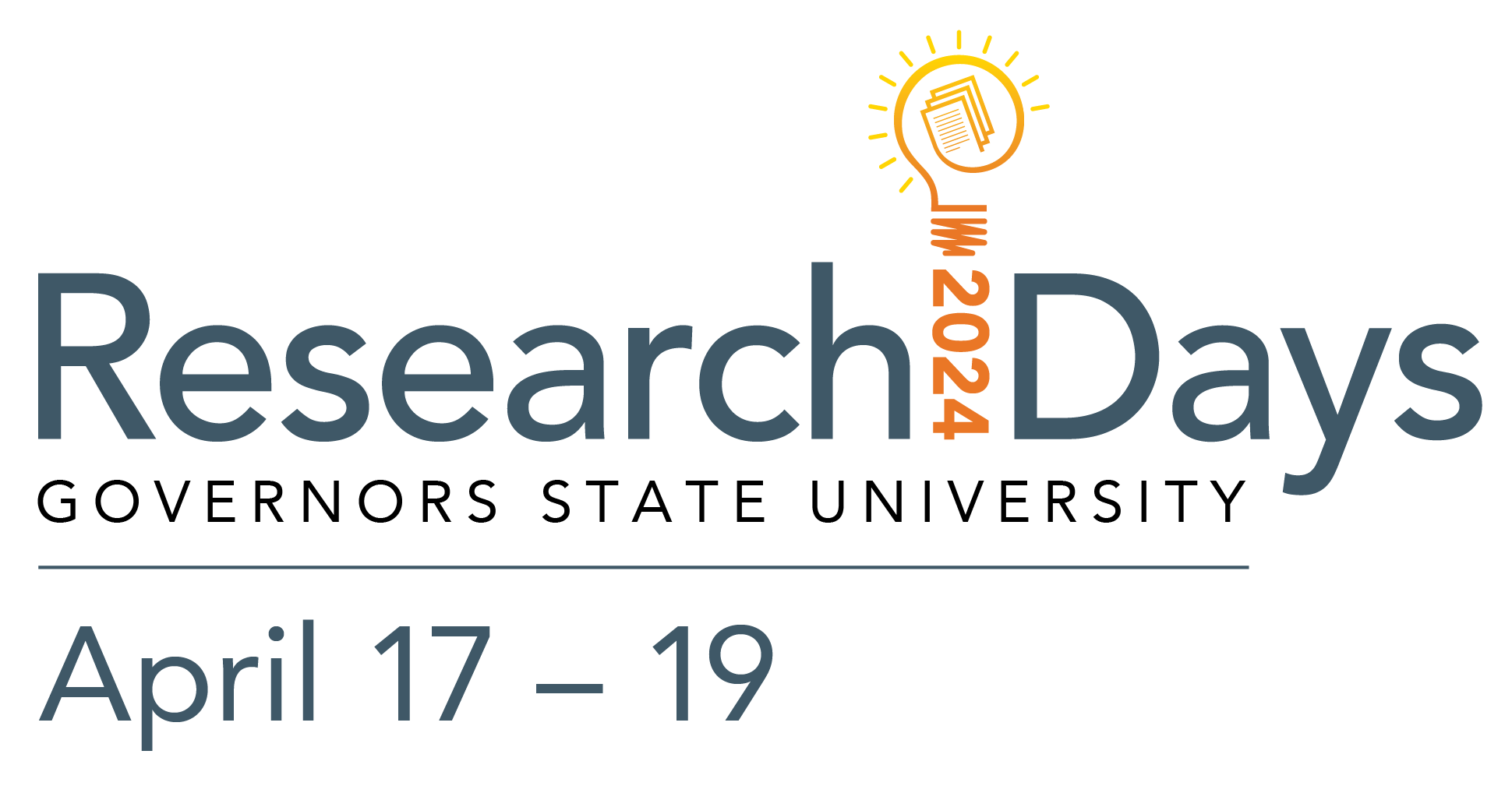From Classroom to Life: Assessing the Ripple Effect of Life Skills Education on Adult Readiness and Achievement
Type of Presentation
Poster Session
Location
University Library
Start Date
4-17-2024 11:45 AM
End Date
4-17-2024 1:15 PM
Description of Program
Including life skills education into the curriculum for youth is critical to prepare adolescents for adulthood, and collectively brings together school-based learning and real-world application. An individual is considered college and career ready when they have the knowledge, skills, and abilities needed to succeed in postsecondary education and successful career opportunities in the economy (IDOE, 2016, as cited in, Harvey et al., 2019).
Abstract
Including life skills education into the curriculum for youth is critical to prepare adolescents for adulthood, and collectively brings together school-based learning and real-world application. An individual is considered college and career ready when they have the knowledge, skills, and abilities needed to succeed in postsecondary education and successful career opportunities in the economy (IDOE, 2016, as cited in, Harvey et al., 2019). Integrating these skills into the educational structure encourages and equips youth to handle future challenges and adulthood with skills to navigate career, college, and daily life tasks. Having life skills coursework incorporated in curriculum aids in the development of financial literacy, social emotional skills, self-sufficiency, decision making, and problem solving. Life skills such as these are essential to the growth and independence to navigate through careers, higher education, and the management of an individual’s personal life. It also leads to a foundation to promote societal advancement and balanced workforce for the community by producing informed, adaptable, resourceful, and proactive citizens.
Faculty / Staff Sponsor
Dr. Alli Cipra
Presentation File
wf_no
From Classroom to Life: Assessing the Ripple Effect of Life Skills Education on Adult Readiness and Achievement
University Library
Including life skills education into the curriculum for youth is critical to prepare adolescents for adulthood, and collectively brings together school-based learning and real-world application. An individual is considered college and career ready when they have the knowledge, skills, and abilities needed to succeed in postsecondary education and successful career opportunities in the economy (IDOE, 2016, as cited in, Harvey et al., 2019). Integrating these skills into the educational structure encourages and equips youth to handle future challenges and adulthood with skills to navigate career, college, and daily life tasks. Having life skills coursework incorporated in curriculum aids in the development of financial literacy, social emotional skills, self-sufficiency, decision making, and problem solving. Life skills such as these are essential to the growth and independence to navigate through careers, higher education, and the management of an individual’s personal life. It also leads to a foundation to promote societal advancement and balanced workforce for the community by producing informed, adaptable, resourceful, and proactive citizens.

